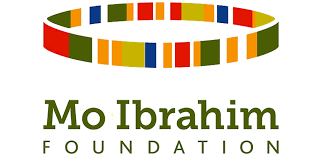
Despite marginal improvement over the past decade (2012-2021), overall good governance in Africa has stagnated since 2019, and the continent is “less safe, secure and democratic” than it was 10 years ago, says a new report on African governance released by the Mo Ibrahim Foundation.
“Improvements in human development and economic fundamentals are undermined by an increasingly dangerous security situation and a retreat from democracy, as the continent struggles to manage the combined impacts of the Covid-19 pandemic and the climate crisis,” states the Ibrahim Index of African Governance (IIAG) 2022, released on Wednesday, Jan. 25.
The impact of the pandemic accelerated the deterioration of country security and the rule of law, and exposed the weaknesses of health and education systems in Africa, according to the IIAG, which points to employment, transport infrastructure, and energy as the main challenges for governments.
The democratic backsliding now threatens to reverse decades of progress made in Africa, according to an index of governance compiled by the Mo Ibrahim Foundation that notes 23 successful and attempted coups since 2012. “This phenomenon of coup d’état that was common in the ’80s seems to have become fashionable again in certain parts of Africa,” said Ibrahim, a British billionaire born in Sudan who is using his fortune to promote democracy and political accountability in Africa. His foundation’s report cited eight successful coups — most notably in Mali and neighboring Burkina Faso, two in each of these Sahel countries — just since 2019.
In the top five places in the overall ranking are Mauritius, Seychelles, Tunisia, Cape Verde and Botswana.
At the bottom of the index are the Central African Republic, Equatorial Guinea, Eritrea, Somalia, and South Sudan.
